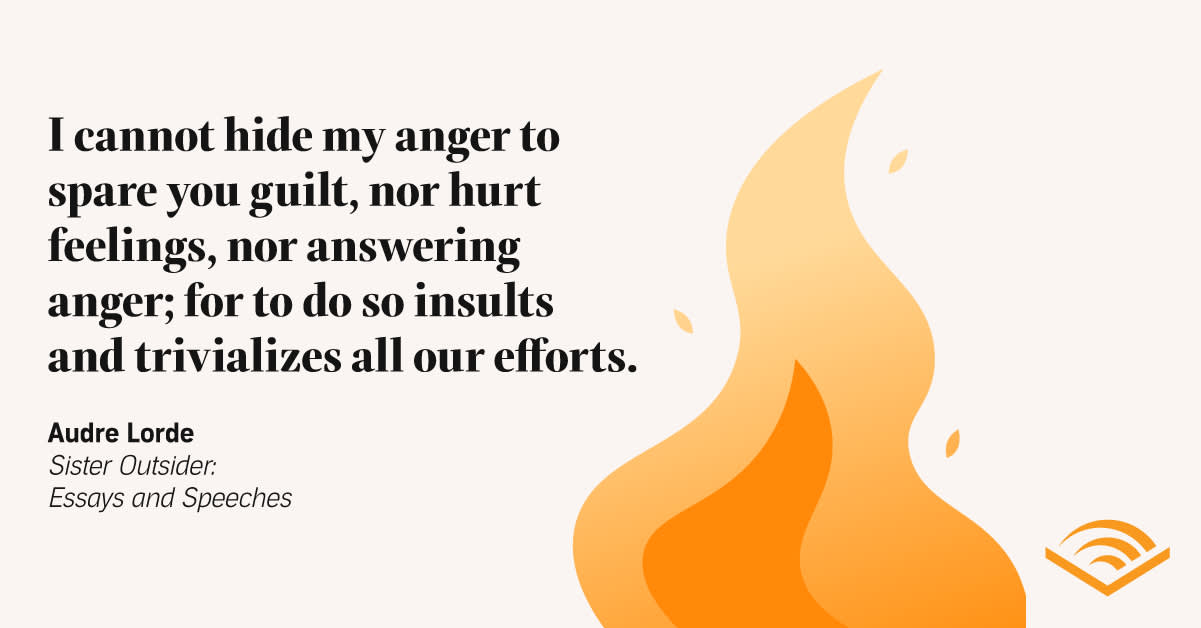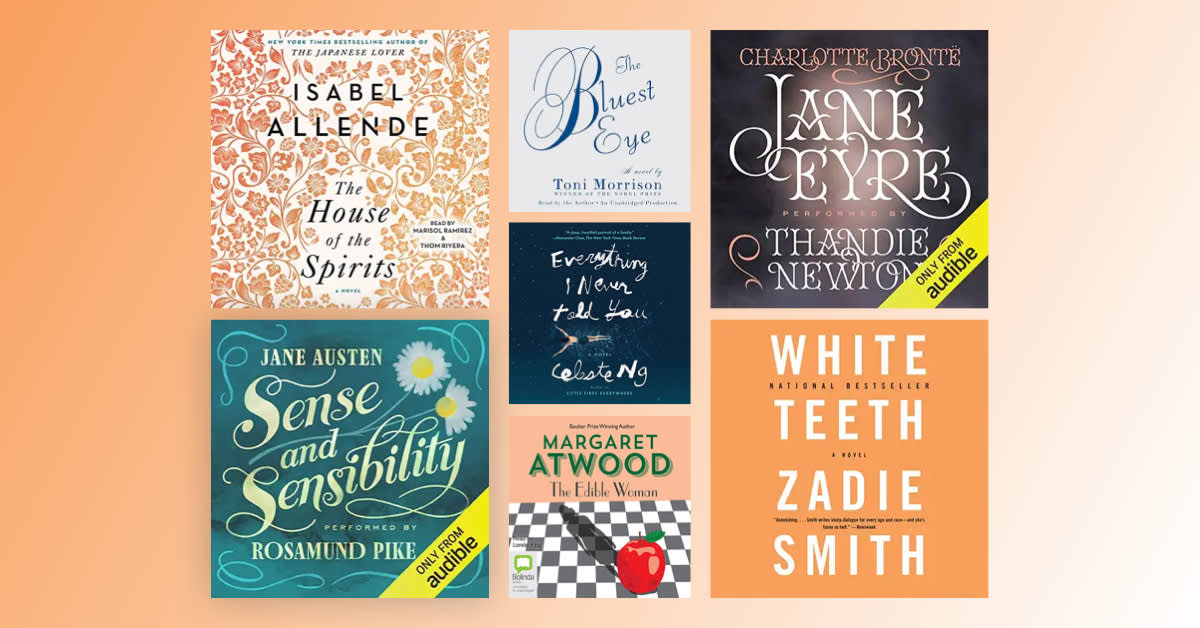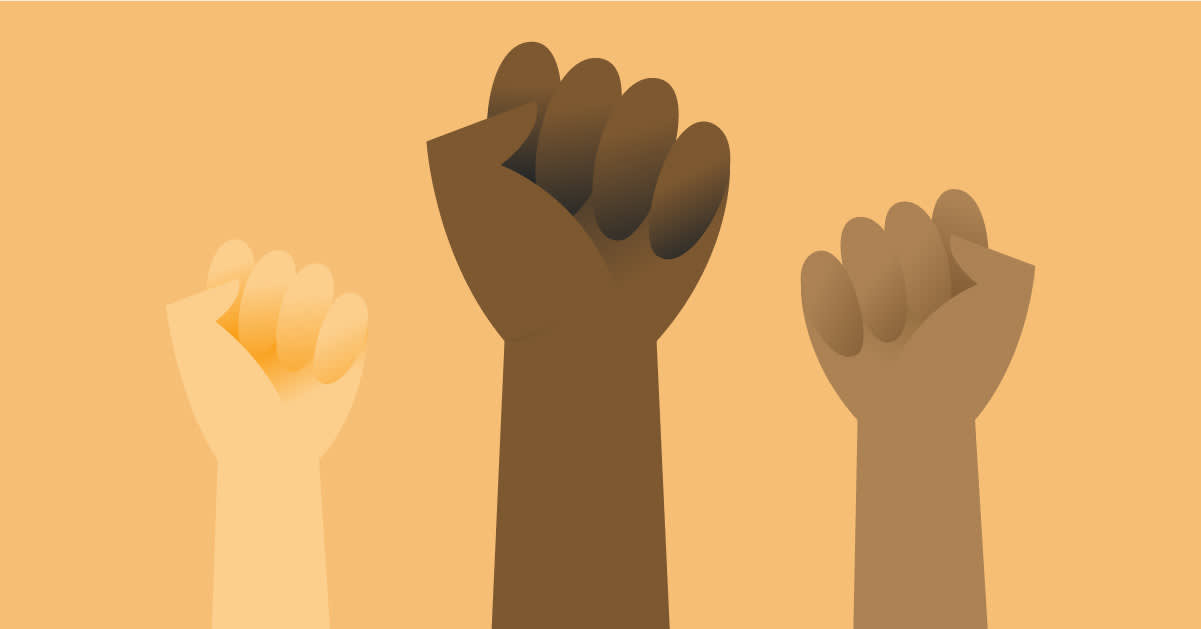"When did you know you were in charge?"
Audible’s Chief People Officer, Anne Erni, posed this question to fashion mogul and author Diane von Furstenberg in 2020, just weeks before the Covid-19 lockdown.
With constant change since then, it can be challenging for anyone to feel in charge these days—especially women, many of whom are leaving their jobs at record rates and reporting that they're struggling with self-esteem at work. That’s why this Women’s History Month, we asked a range of women at Audible, from a high school intern to a creative director, “When did you take charge?” Below, you’ll find their inspiring stories and bespoke listening recommendations that champion the strength and tenacity of women everywhere.
Aisha, VP Urban Innovation
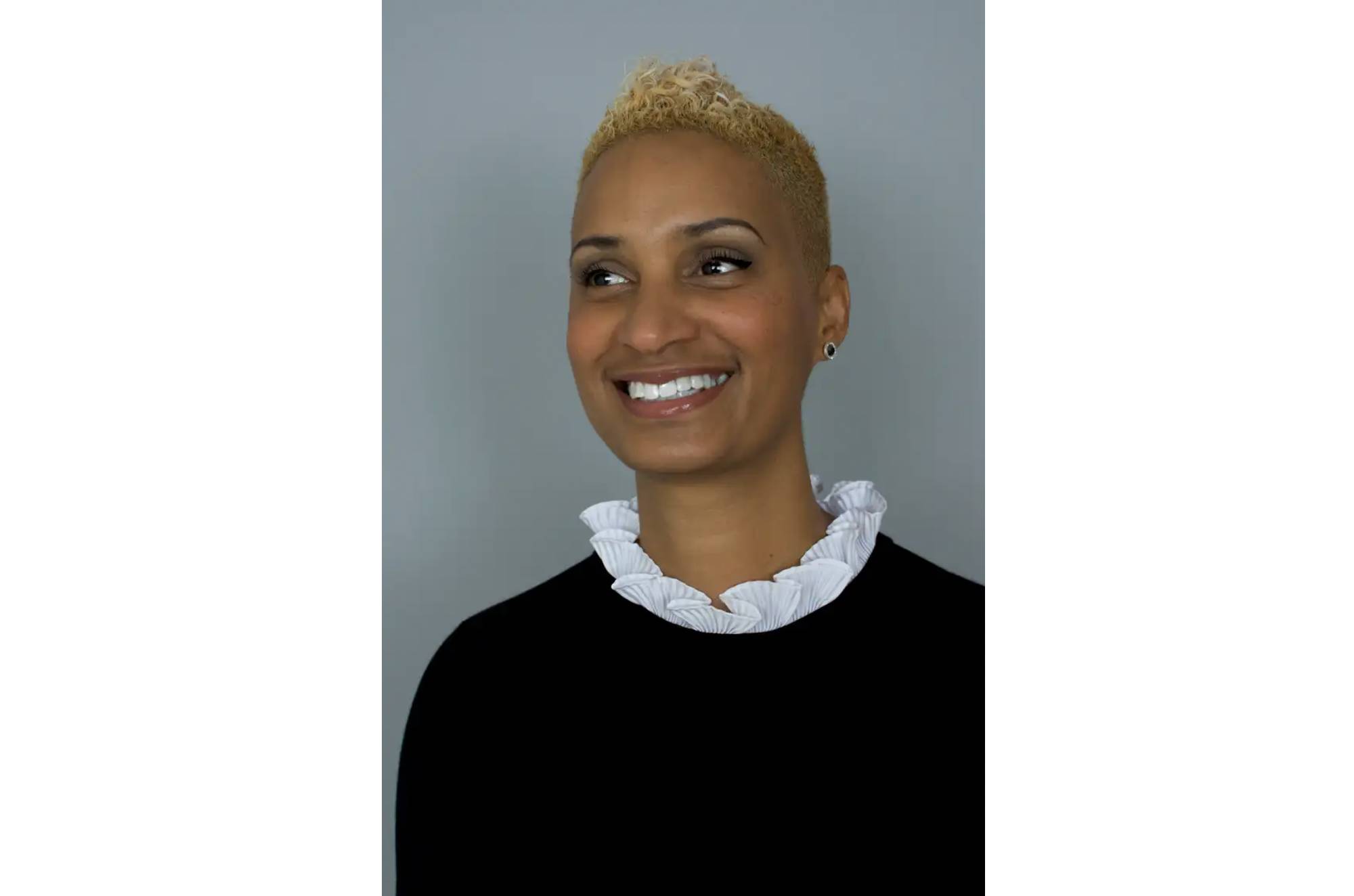
When was it necessary for you to take charge? Before joining Audible, I had a lead role during the City of Newark’s bid to encourage Amazon to select it as its second headquarters location. I had to lead leaders who were accustomed to leading, which is no small feat.
How did you do it? Taking charge required a range of skill sets, lots of patience, and a north star: the vision of what a prosperous and equitable Newark could be. More importantly, I had to do so keeping corporate objectives in mind as well as community objectives.
What Audible audiobook inspired you? In Trevor Noah’s Born a Crime, his mother inspired me. Patricia Noah was steadfast in her faith, strict but loving, and led with clarity even through trauma and challenges. She represents matriarchs of so many families. I was left feeling like the entire title was really an homage to her rather than Noah’s memoir.
Kari, Marketing VP/Creative Director
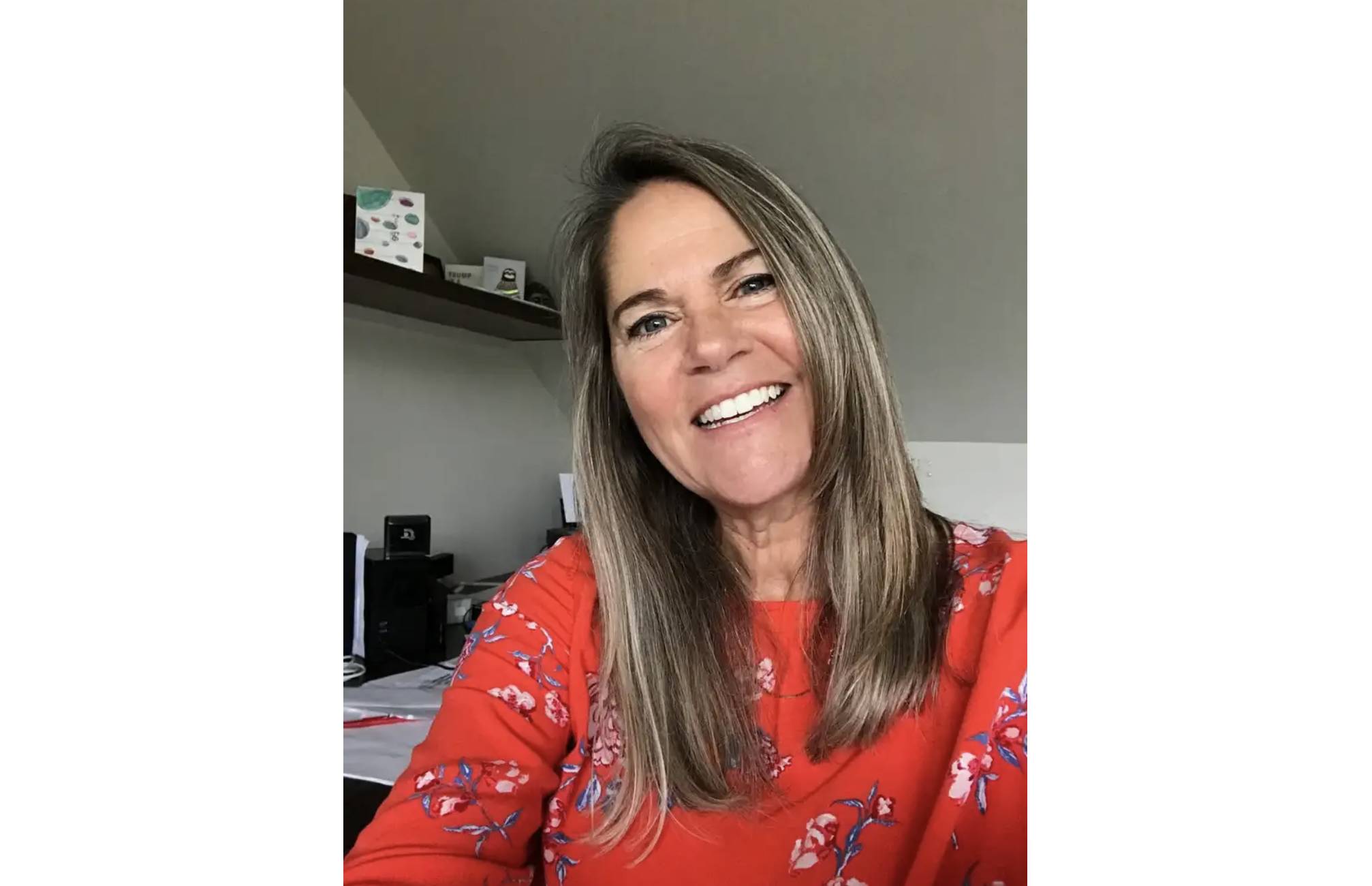
When was the moment you realized you had to take charge of a situation? I took charge of my career while in the middle of a huge advertising pitch. My team was one of three creative teams participating, and the plan was for a more senior Creative Director to present all of the teams' work. It became abundantly clear during rehearsal that he didn’t understand the concept—let alone the client’s business.
What did you do? I literally “took a seat at the table” and insisted that I present the work. We won, but more importantly, I won in steering my career.
What audiobook has inspired you to take action? Cindy Gallop, whom I’d met at the 3% Conference; her book expands on the speech she gave at the conference. Her fearlessness was infectious. It worked for me.
Abby, Director of Multicultural Programming
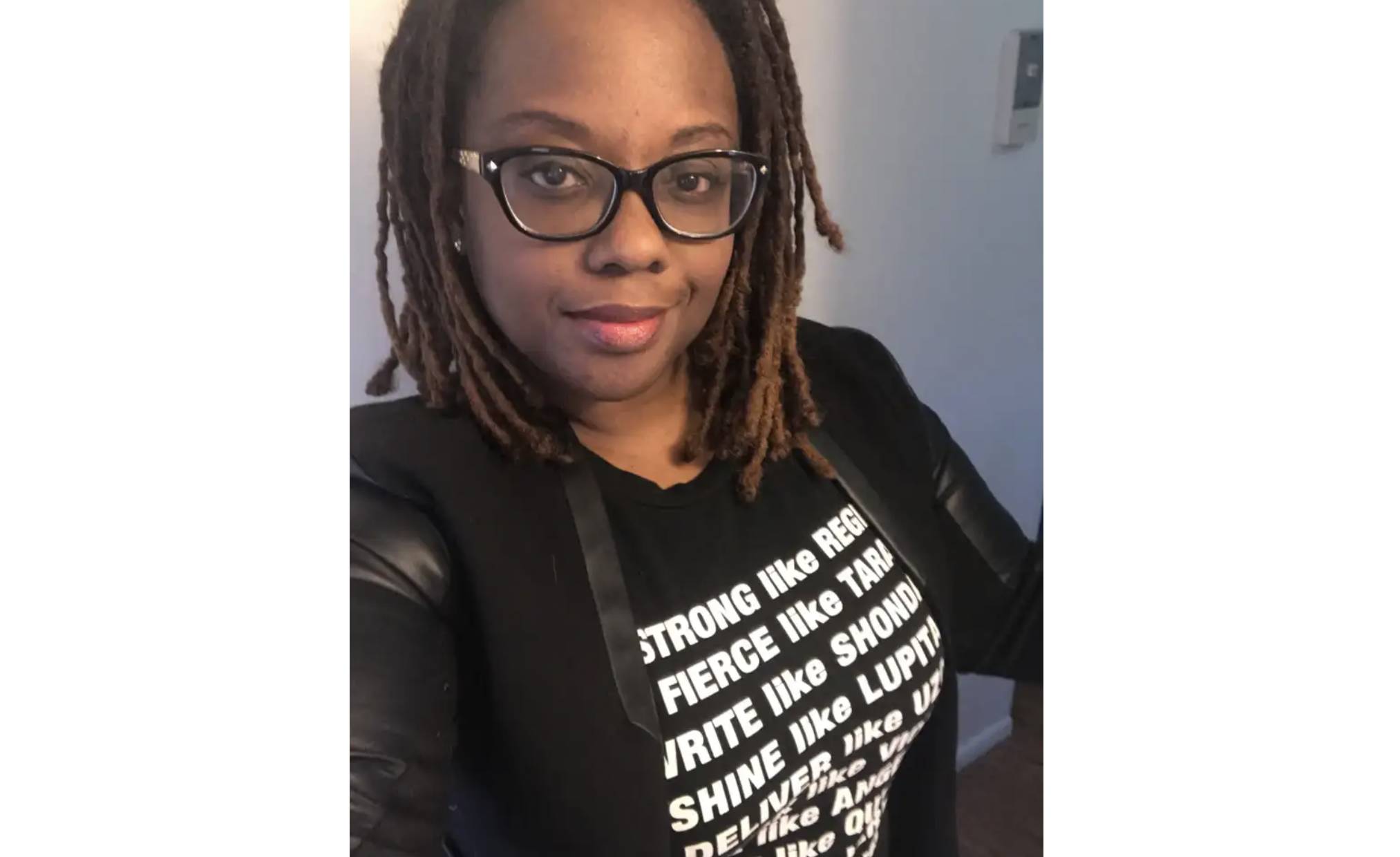
When did you take charge and why? A moment that stands out for me is when I made the leap from traditional media to Audible. I’d decided that I didn’t want to be subject to the continued ebbs and increasingly less flows within mainstream media organizations, with layoffs and budget cuts aplenty. At first, I didn’t see the editorial position at Audible as an exact fit, because I didn’t tick every single criteria box, but then I realized how much I did have to offer in the role and that I needed to bet on myself and take the chance.
Who or what helped inspired you to make the move? I’d been listening to Shonda Rhimes's Year of Yes. I may not have been a media mogul like the award-winning showrunner, but I related to her sense of herself as an introvert who needed to challenge herself to lean into opportunities she’d otherwise have traditionally shut down automatically.
For you, that meant? It was time to face the fears of going beyond my comfort zone and
find out what were my actual limitations. I’m happy to say that I haven’t found them yet and continue to manage the fears and test the boundaries.
Parris, CS Relationship Manager
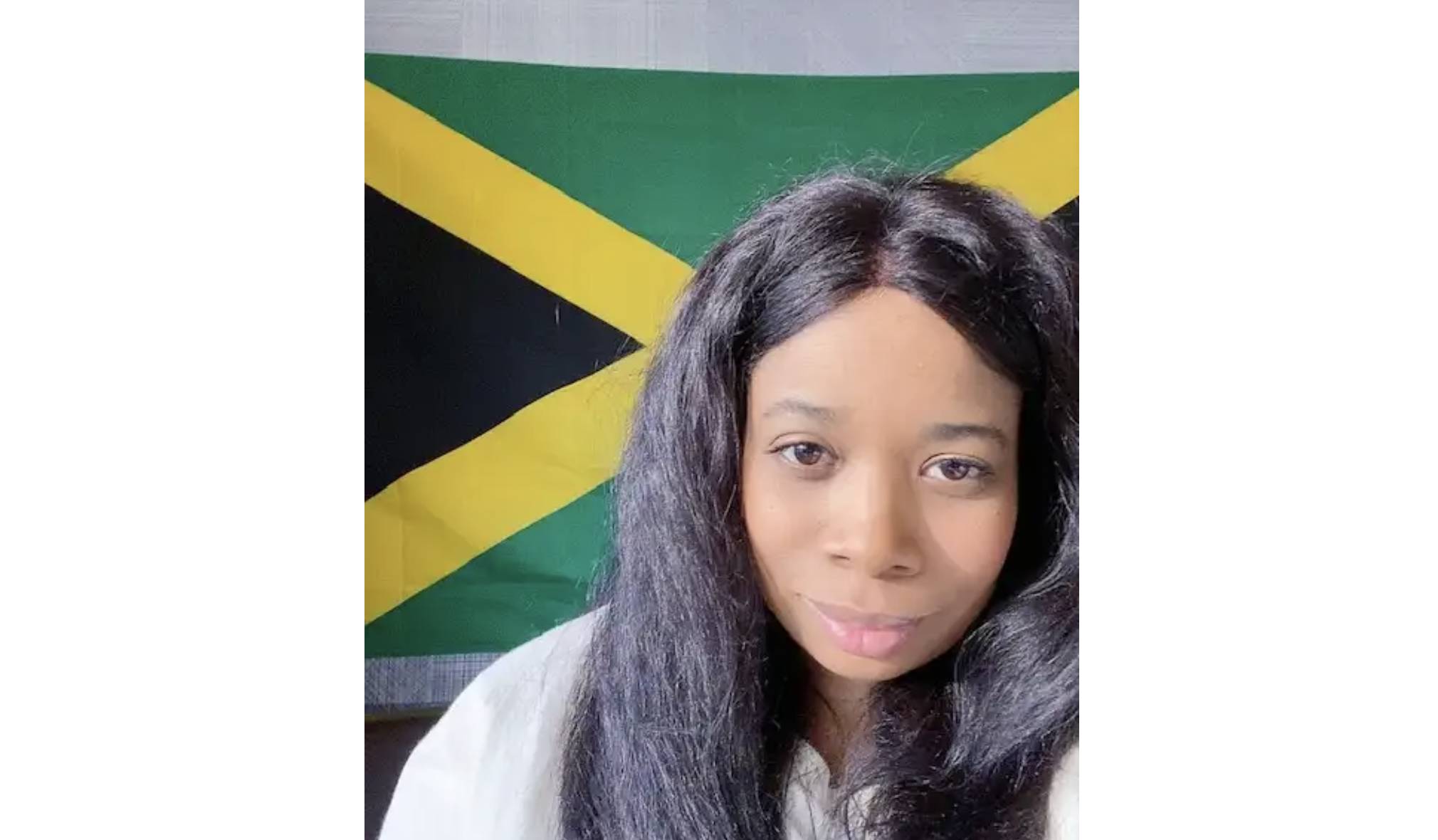
When did you take charge of a situation? I volunteered with a program that supports and prepares students for post-college life. One day, I was observing a class led by an instructor. I noticed the students weren’t paying attention and weren’t at all engaged. Since
I was their coach, I asked the instructor if I could address the students.
What did you say? “This lady is volunteering her time, a full day to teach and support your futures, and she will also have great influence on your final grades.” I chose to use my voice, not only to take charge of a situation but also help someone gain the respect she deserved.
Where did you draw your inspiration? Becoming by Michelle Obama. Michelle's resilience against the school counselor urging her not to apply to an Ivy League was so empowering to me, as she did succeed. She took charge of her life, and that story helped me to understand that if we don't stand up and step up to do what we need to, we'll never lead our truths. It definitely renewed my outlook on taking charge of situations, because if not you, then who?
Mmesoma, High School Intern
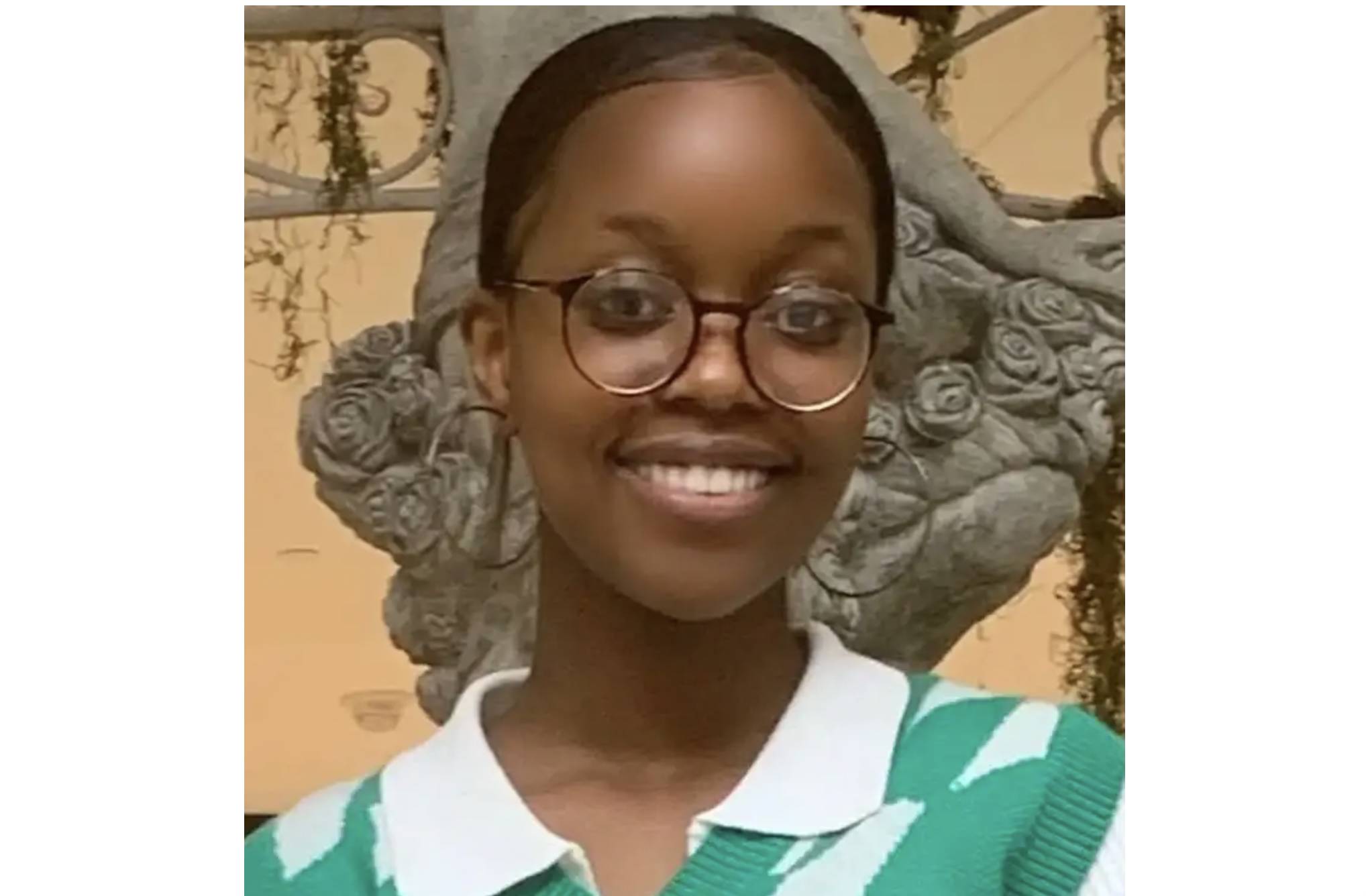
When did you take charge of a situation? Starting Science Park's first-ever Black Student Union was the first time in my life (I’m 17) I took charge of something. Being from a school with no collective Black culture affected the way non-Black students and the administration behaved towards Black students. After being at the school for more than three years, I felt it was my moral obligation to step forward, along with other classmates, to develop this program. Not only did I start the club, but I kept it going. We encountered unexpected, sometimes discouraging challenges, but we remembered: our true goal of inclusivity was the key.
What listen inspires you? Their Eyes Were Watching God by Zora Neale Hurston really inspired me to jumpstart the Black Student Union. In the novel, Black kids experience the issue of exclusivity. The protagonist endures criticisms about her blackness, which alters the way she sees herself as well as the outcome of her life. The Black Student Union at Science Park High School is now a place where you can truly voice who you are, with those just like you.
Lavina, Director of Content Experience

When did you have to take charge of a situation? When the pandemic had just started, my workload was at an all-time high. I was in the process of helping bring a new member benefit to life while taking over of a few major initiatives from two teammates who were going on leave. This certainly wasn’t easy, but in retrospect, it served as a huge growth opportunity and a masterclass on what it means to “take charge”: balancing short-term execution with long-term planning, being clear about what’s possible within a given timeframe, and most importantly, knowing when to ask for help and how to delegate effectively.
Was there a particular audiobook that inspired you? The Midnight Library by Matt Haig. I really love stories that convey the theme of interconnectedness, how our actions impact the lives of others in ways that we may not be aware of, and the sense of purpose and self-worth that comes with that realization.
Diana, Head of Consumer Content
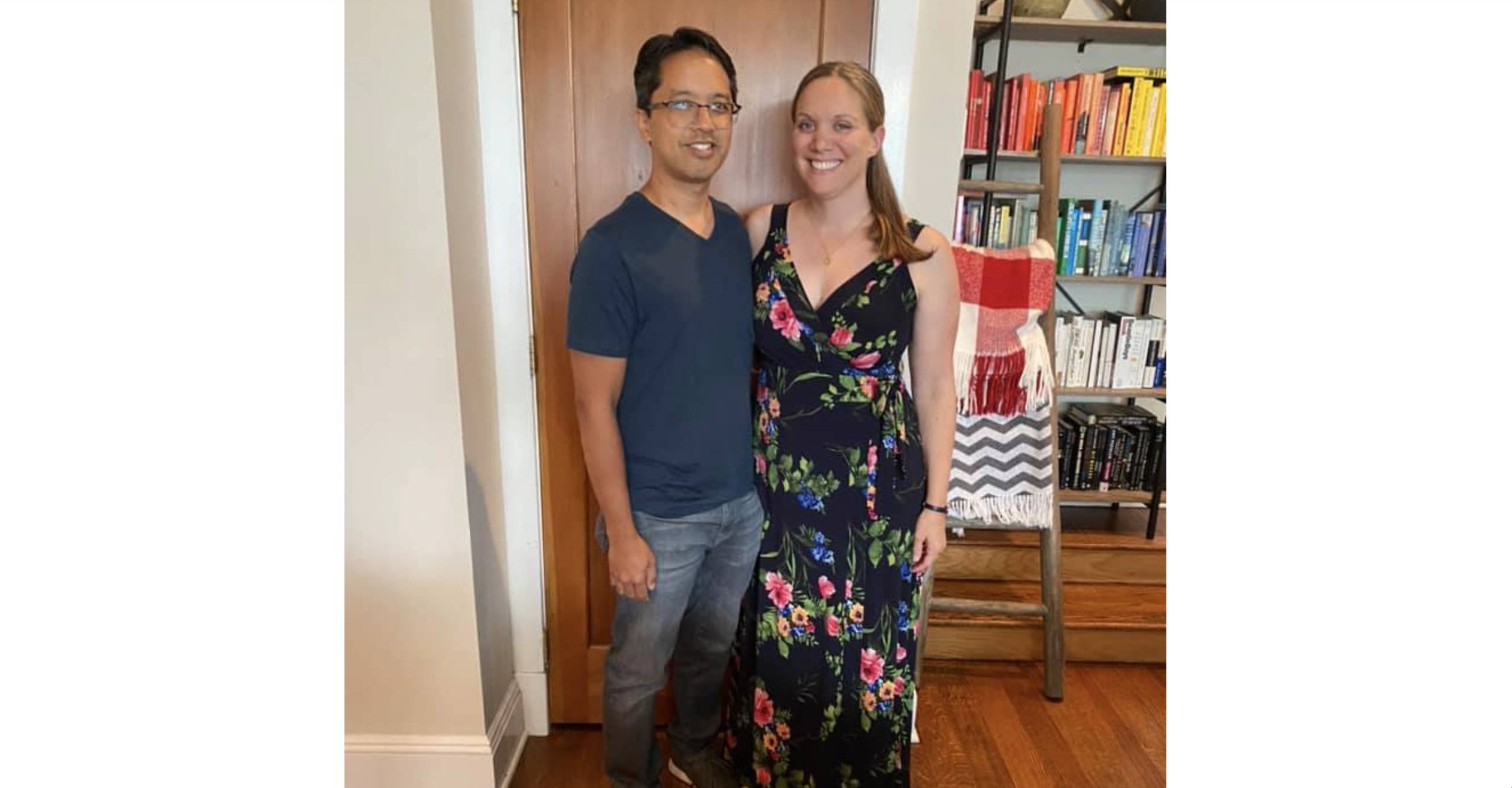
When did you have to take charge of a situation? Just a few short hours after my brother unexpectedly passed away, I needed to get his two children to their first day of pre-k and kindergarten, respectively. They didn’t yet know how their lives would change, but in that moment—keeping my composure to send them off for the happy day it should have been—I knew I was in charge…and that I would be going forward. With my mom and husband (we’d just celebrated our first anniversary) as co-guardians by my side, I officially became “Aunt Mom” and made the change necessary, at the start of my Audible career, to have a more flexible workday so that I could get those kids, now 20 and 21, to school every day after that.
Were you listening to anything at the time that helped inspire you? My listening around that time was more escapist—it had to be. (Thank you, David Sedaris, for the laughs!) But a few years later I came upon a gem called Making Toast that helped me continue to push through on even the toughest days. In his memoir of helping to raise his grandchildren after the sudden passing of his daughter, journalist, novelist, and playwright Roger Rosenblatt handles the heavy topics of death and grief gracefully, weaving daily household tasks into his story of survival in the face of a family tragedy. I found the tribute to Rosenblatt's daughter and her children very moving and, of course, there’s always comfort in hearing from others in similar situations to yours.

